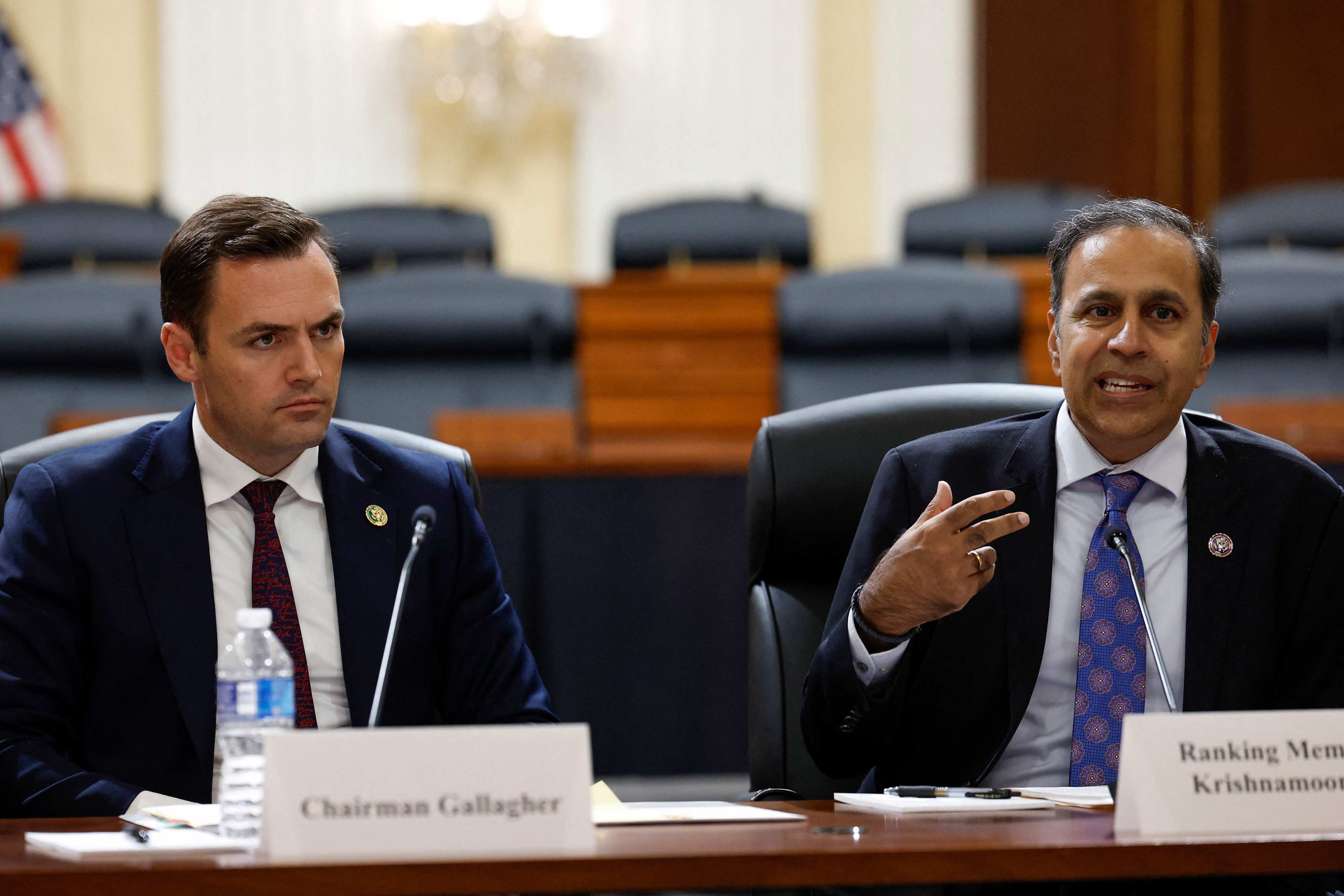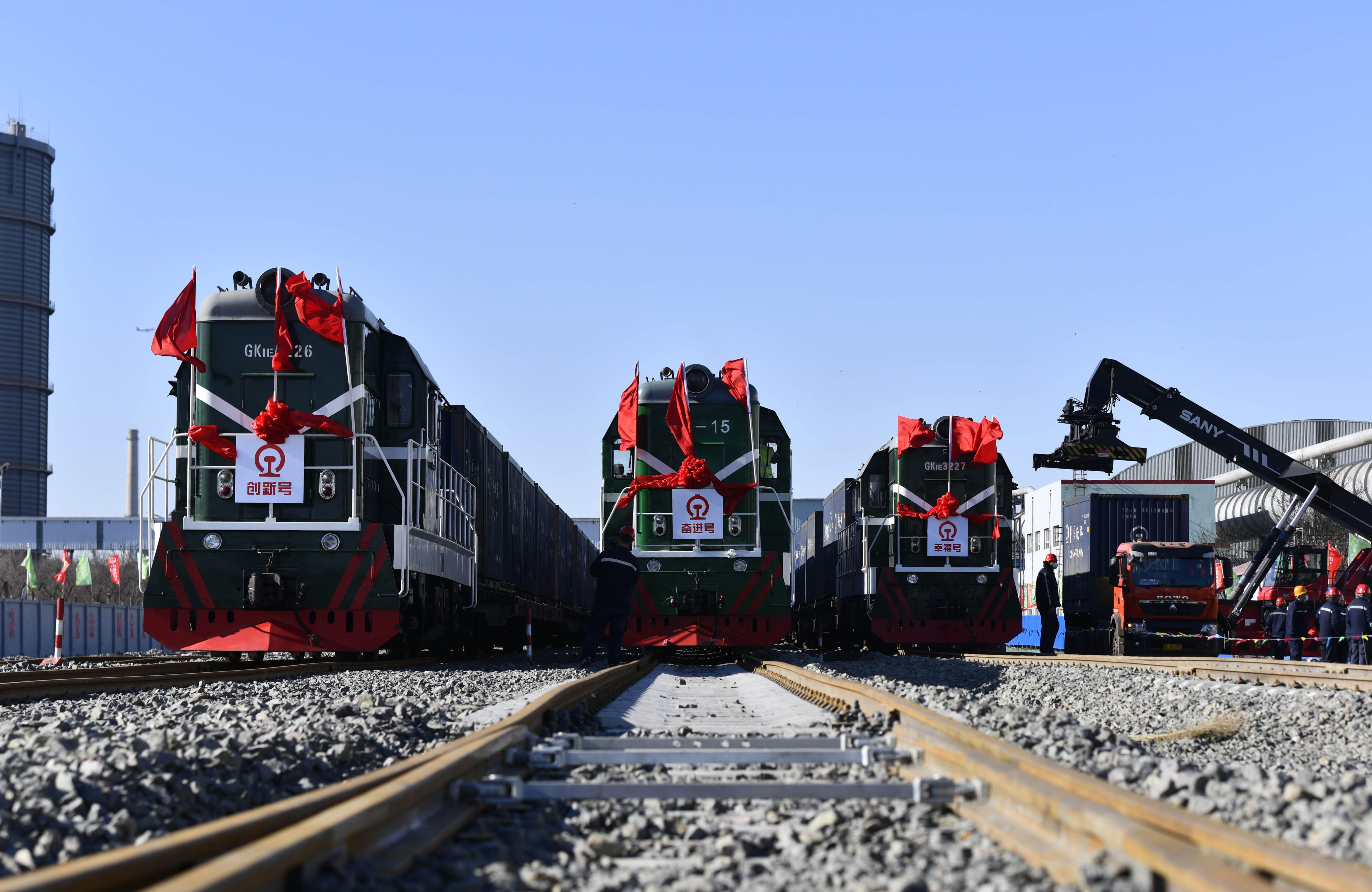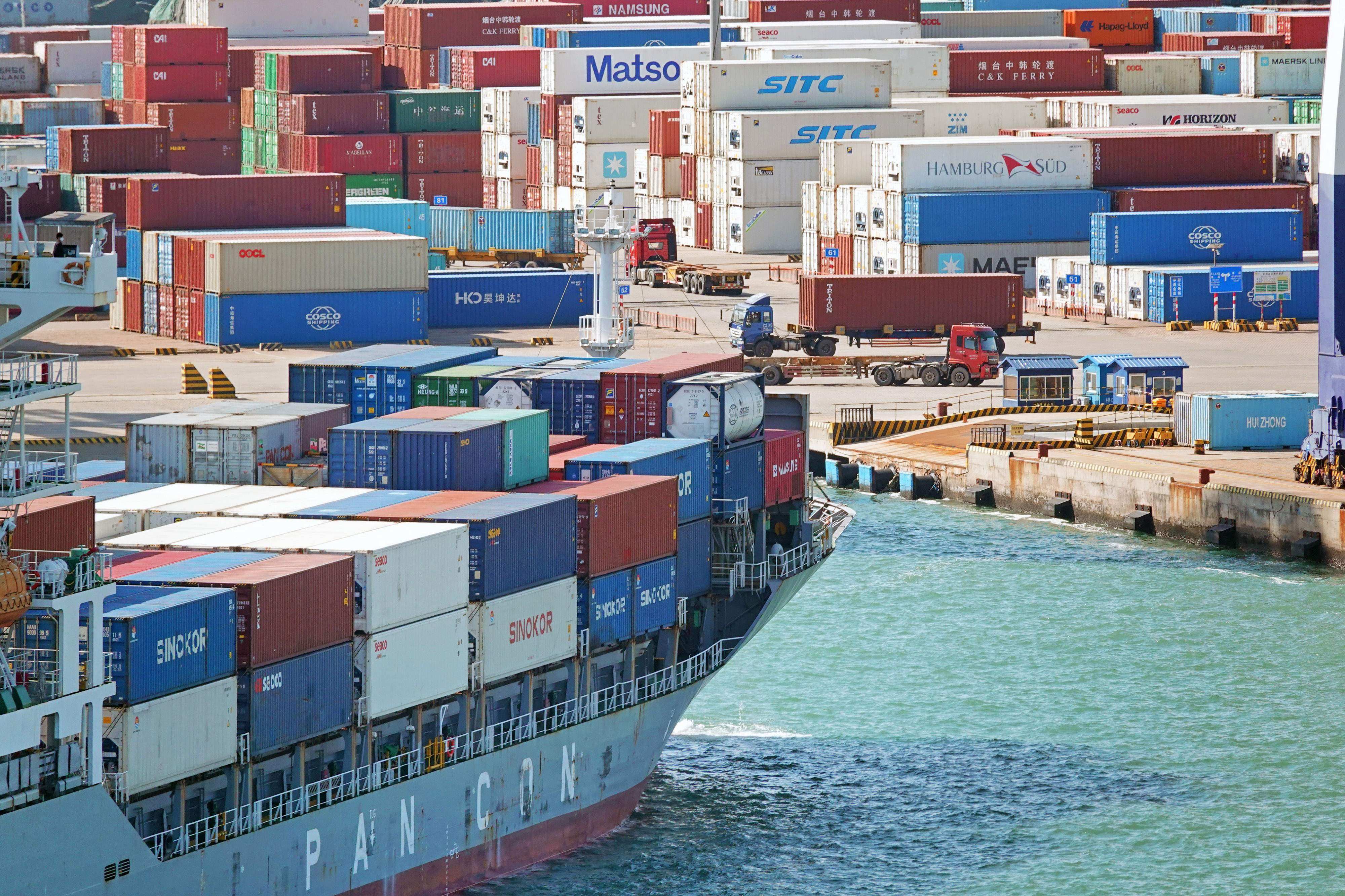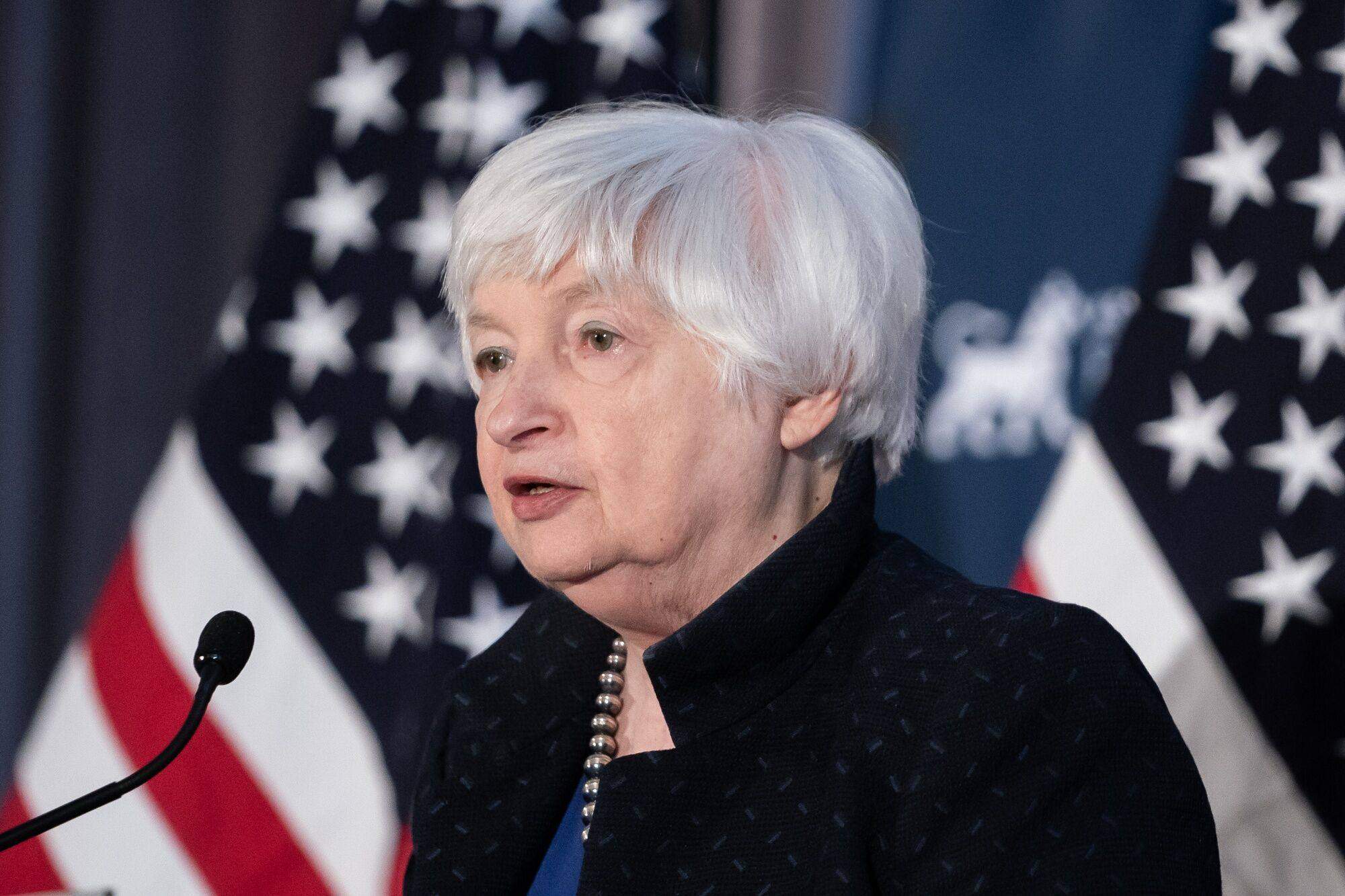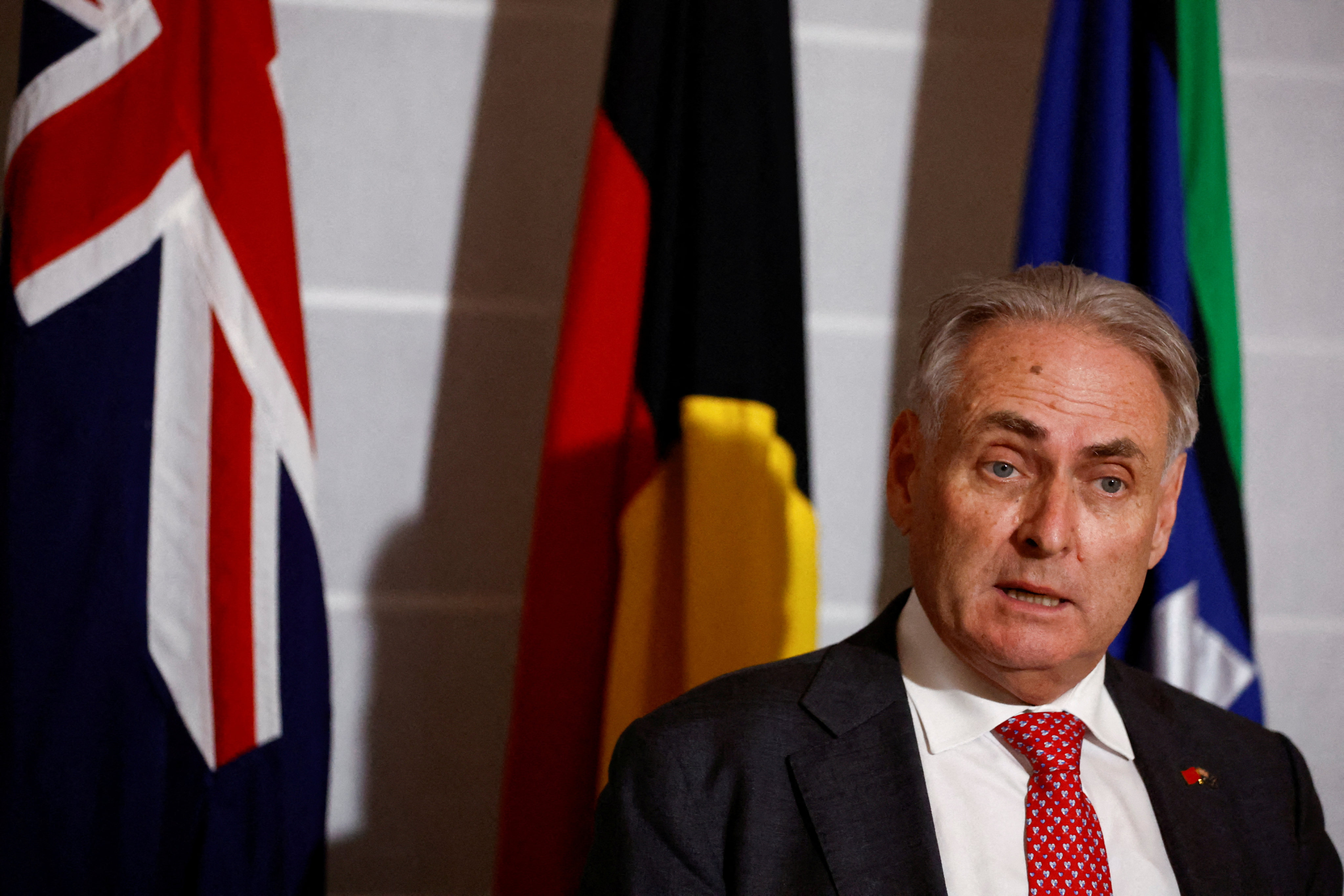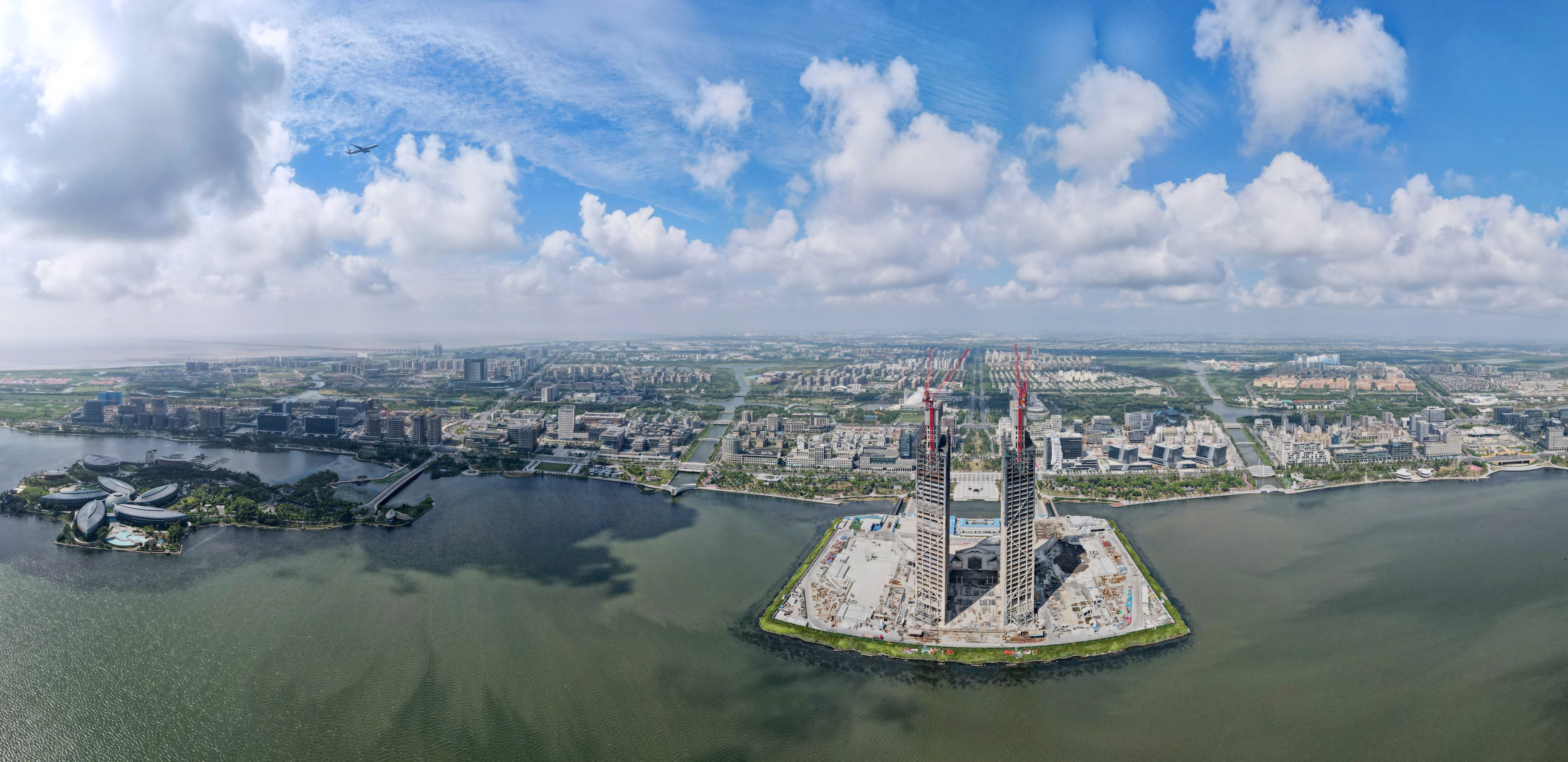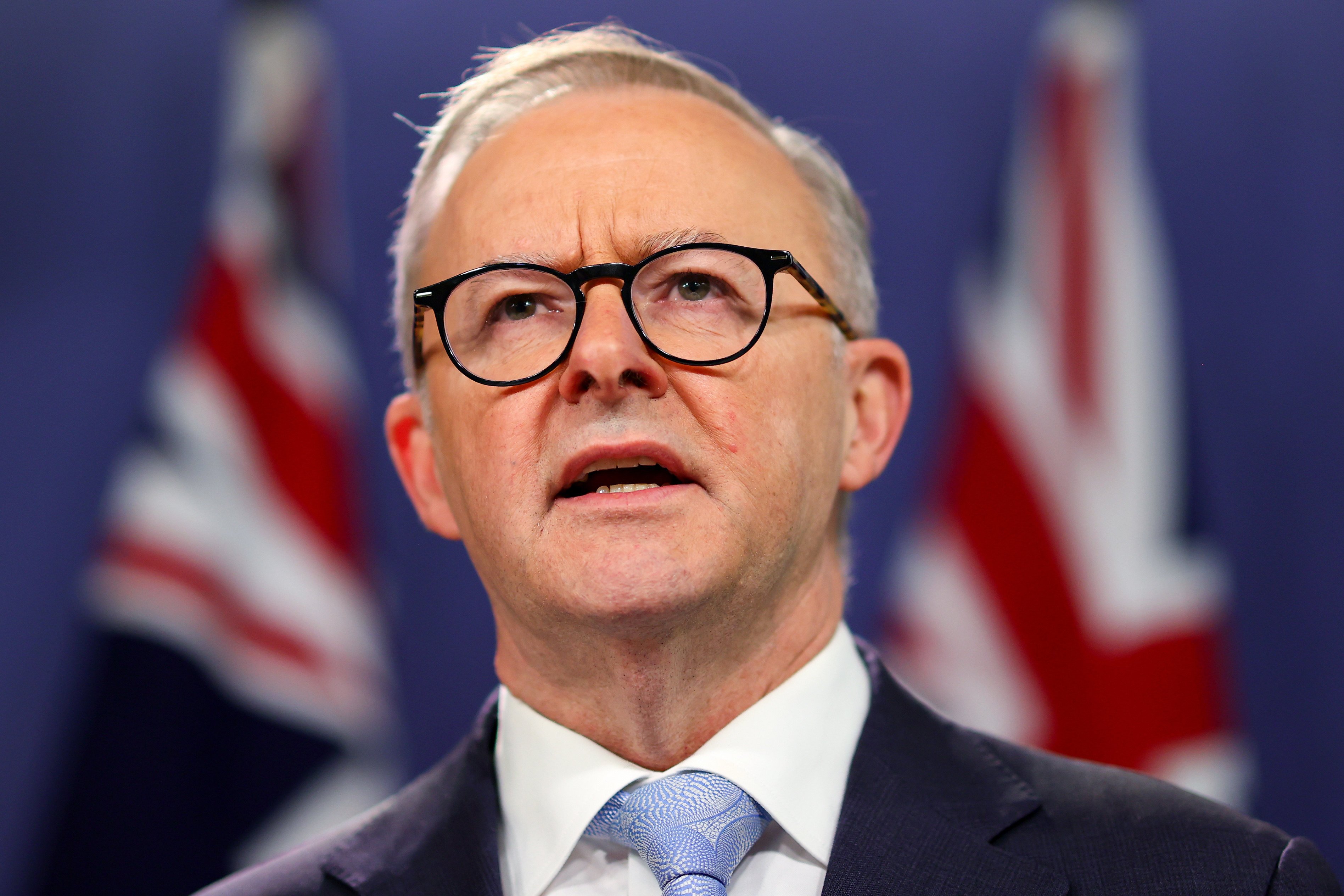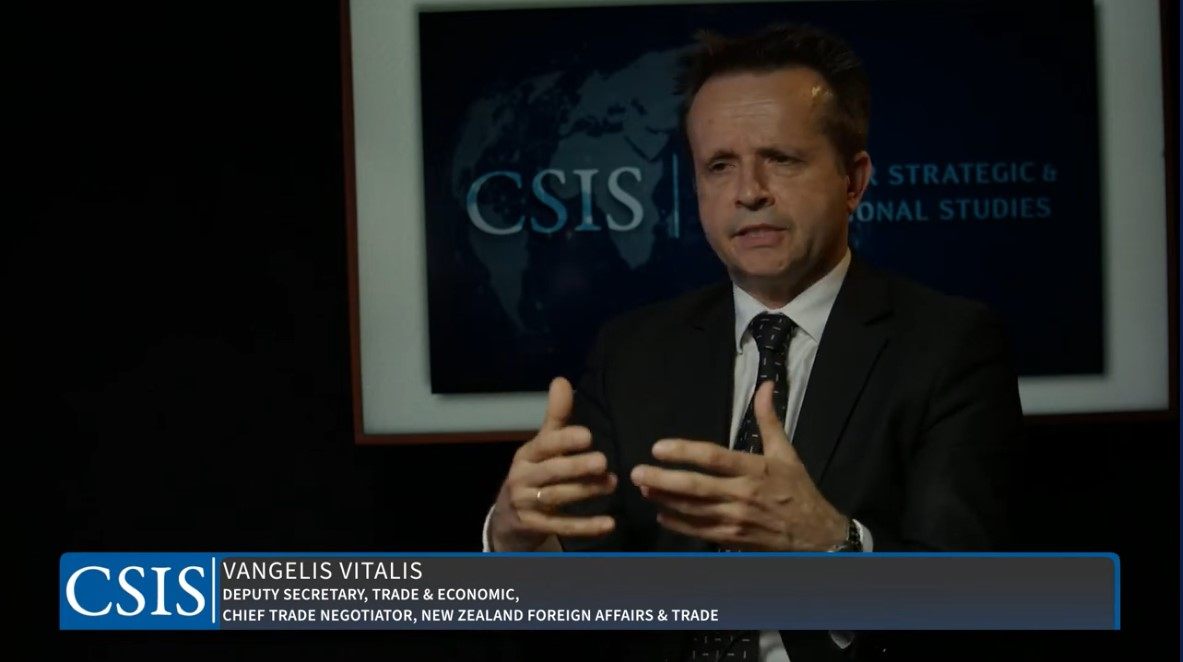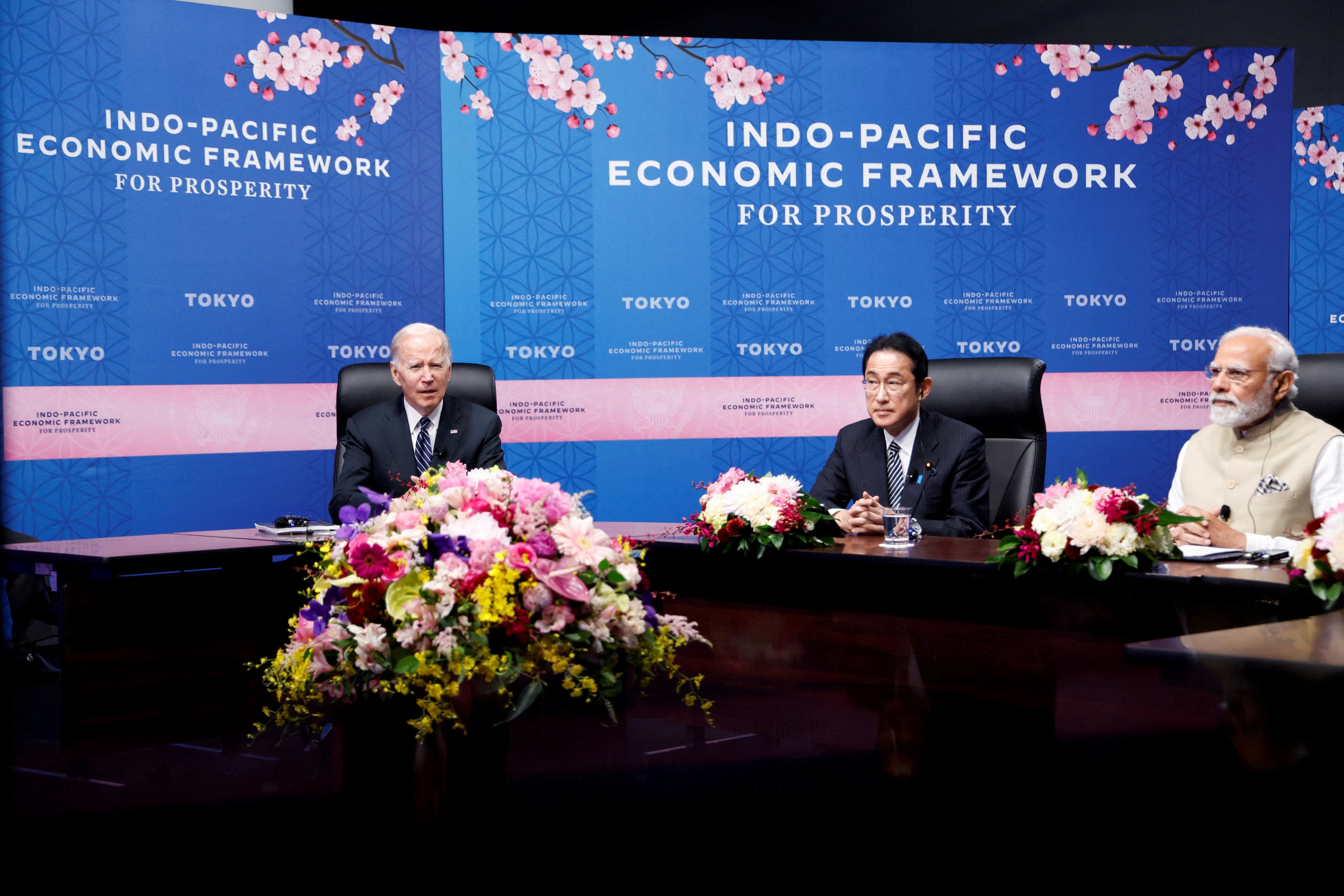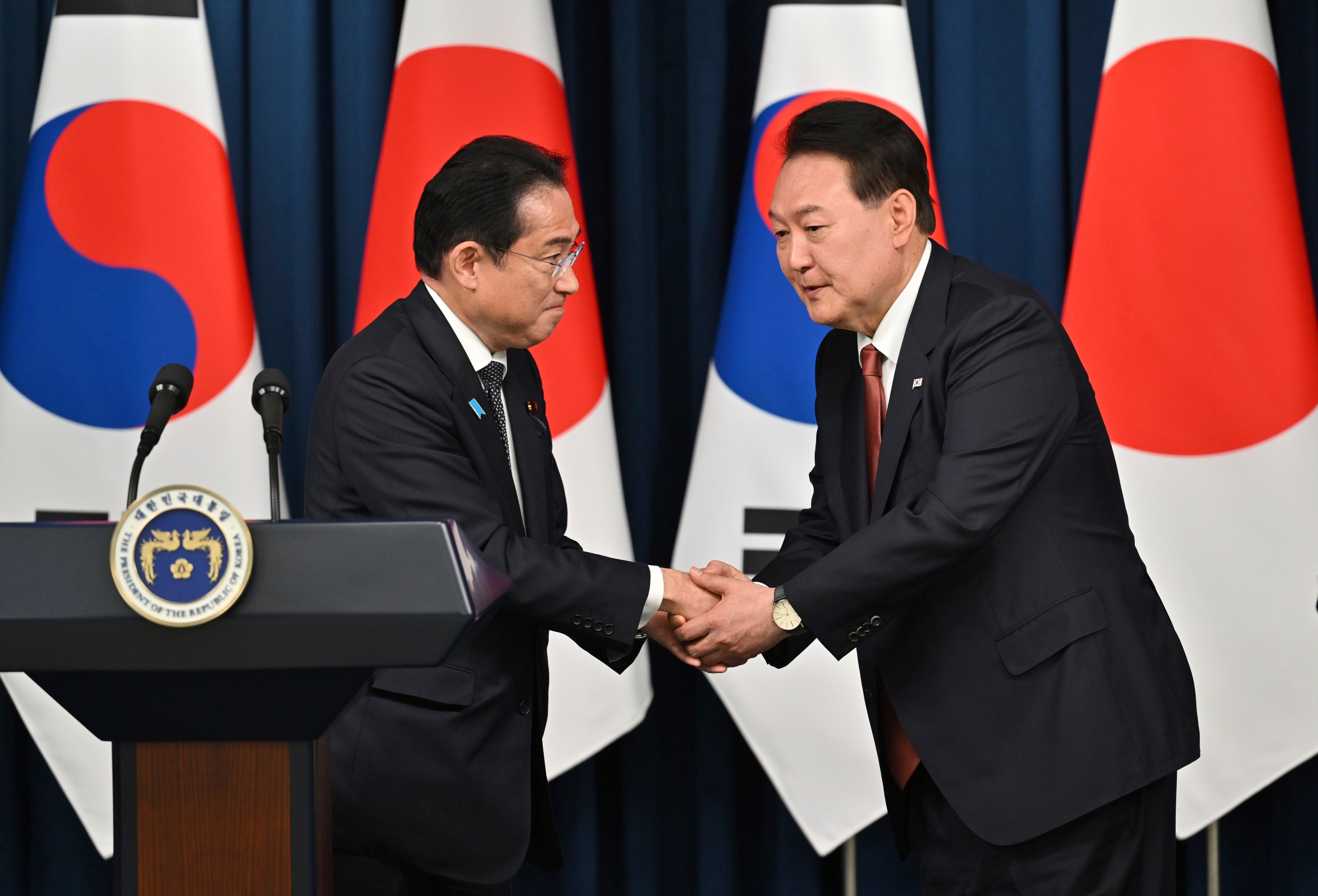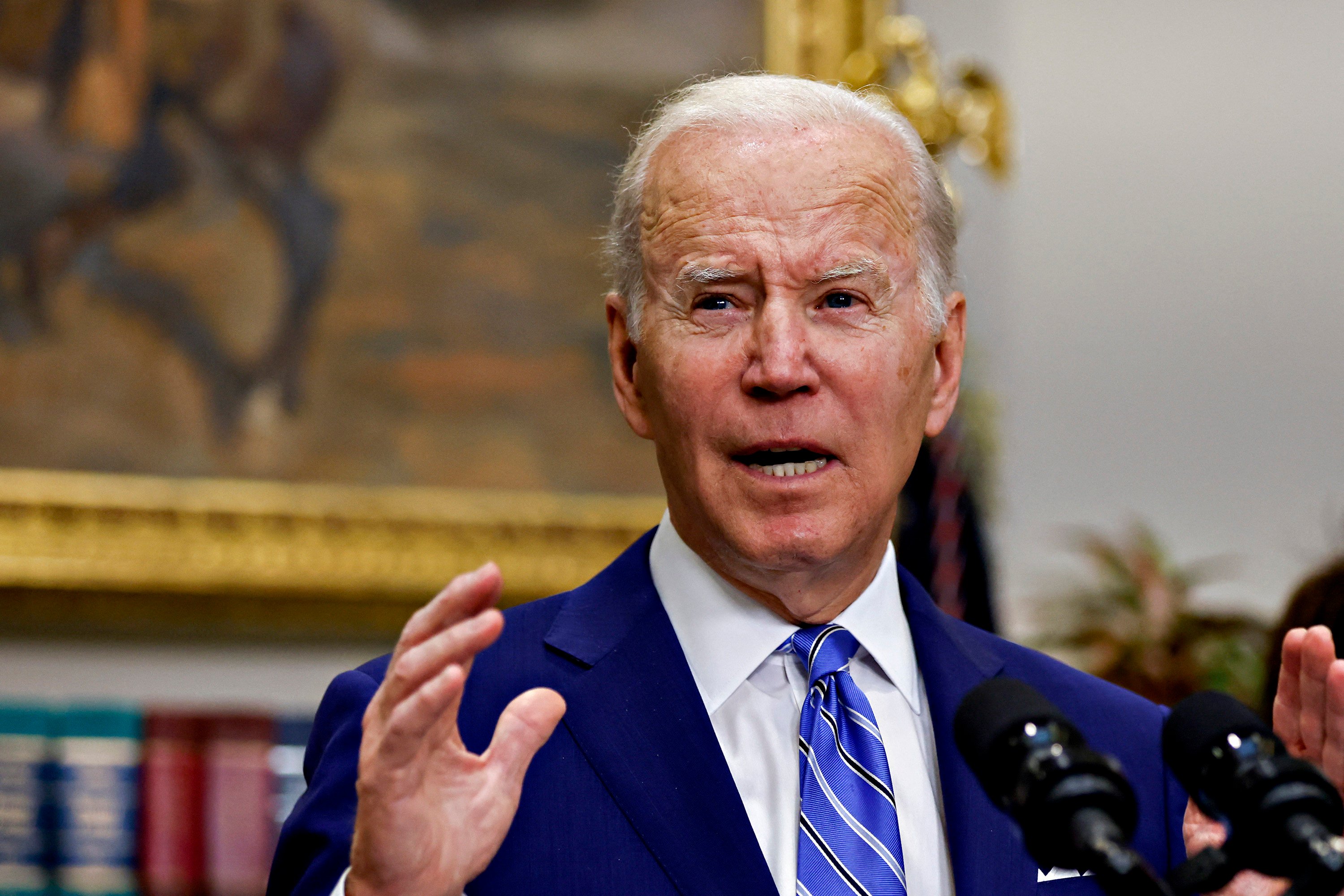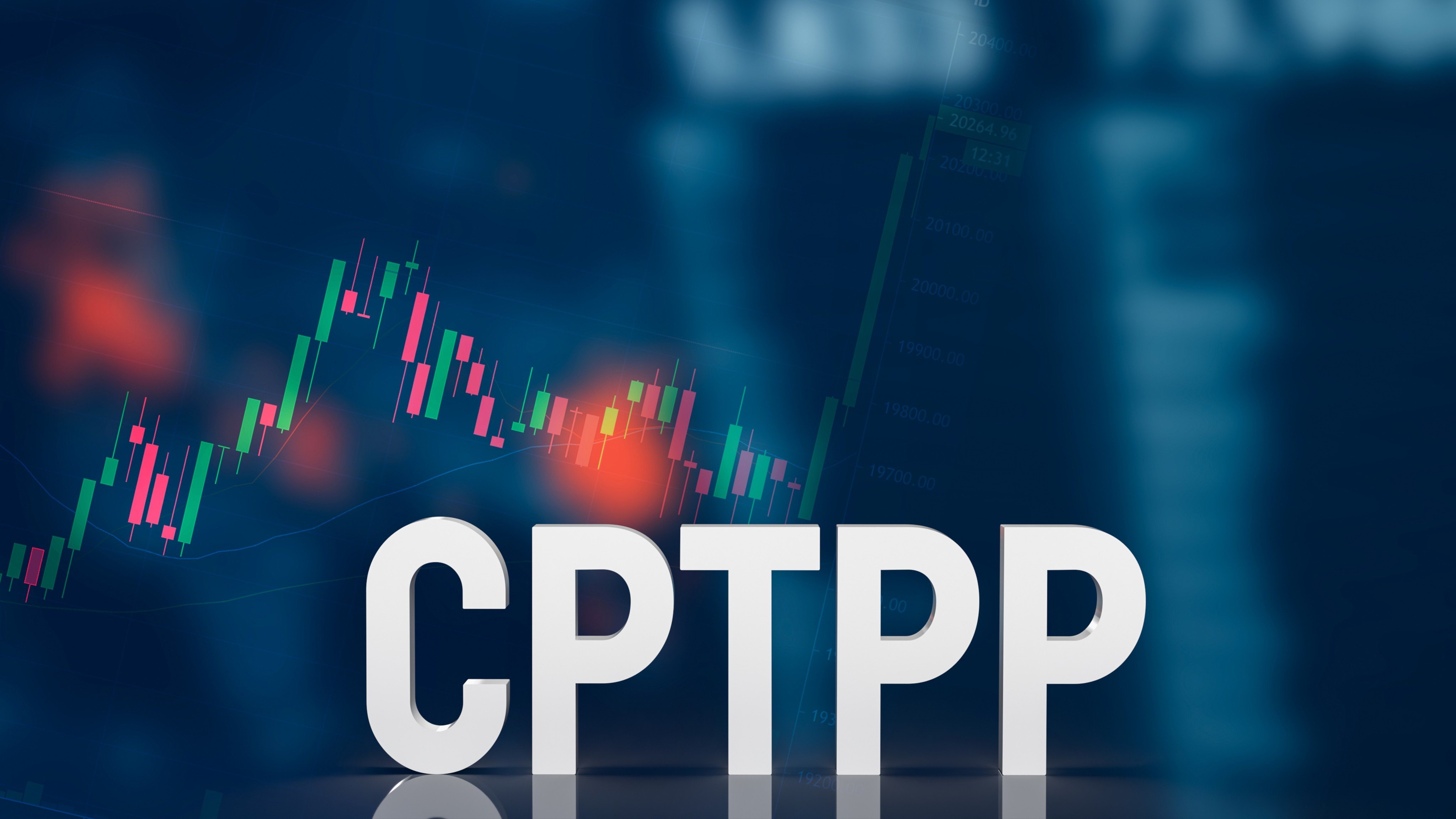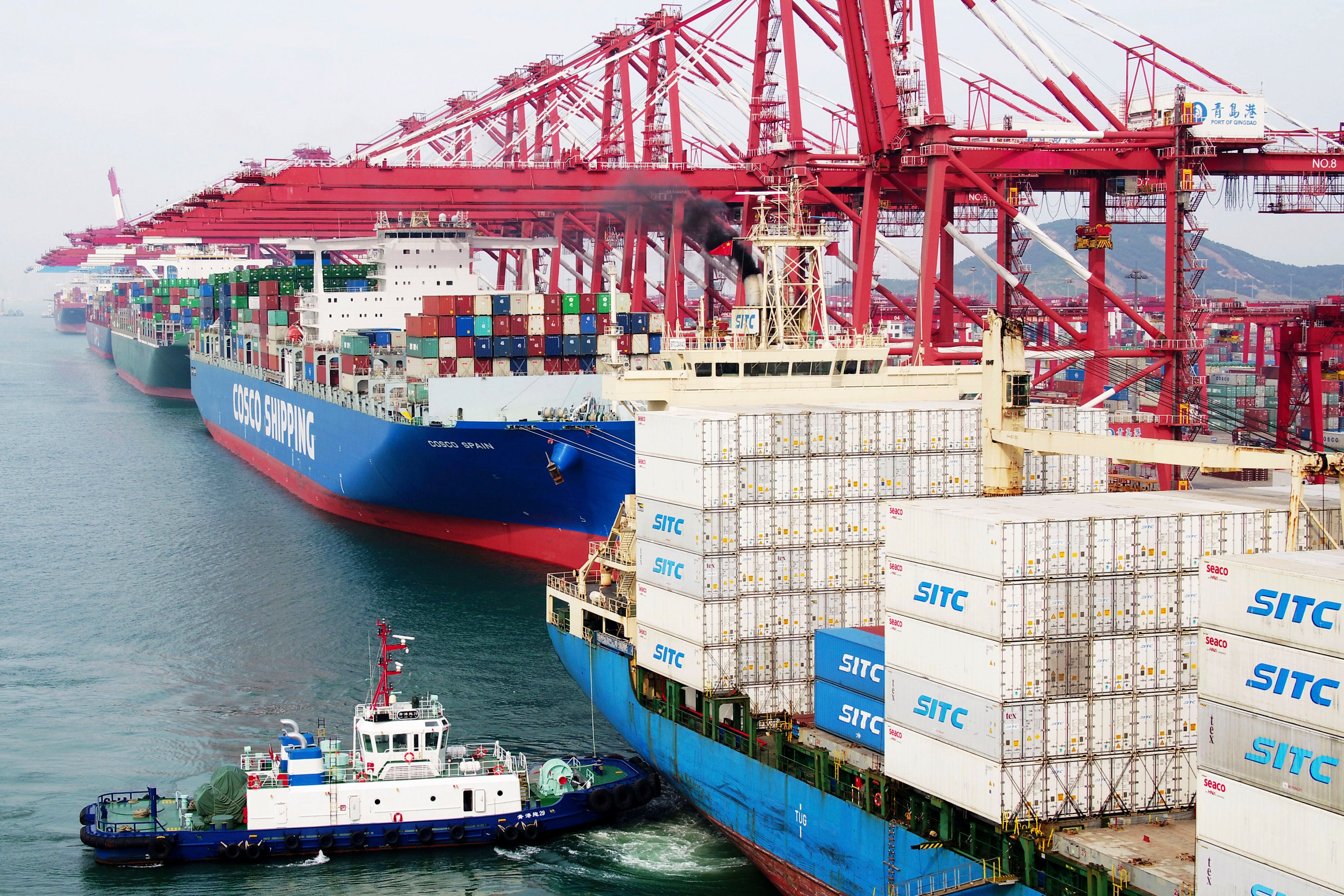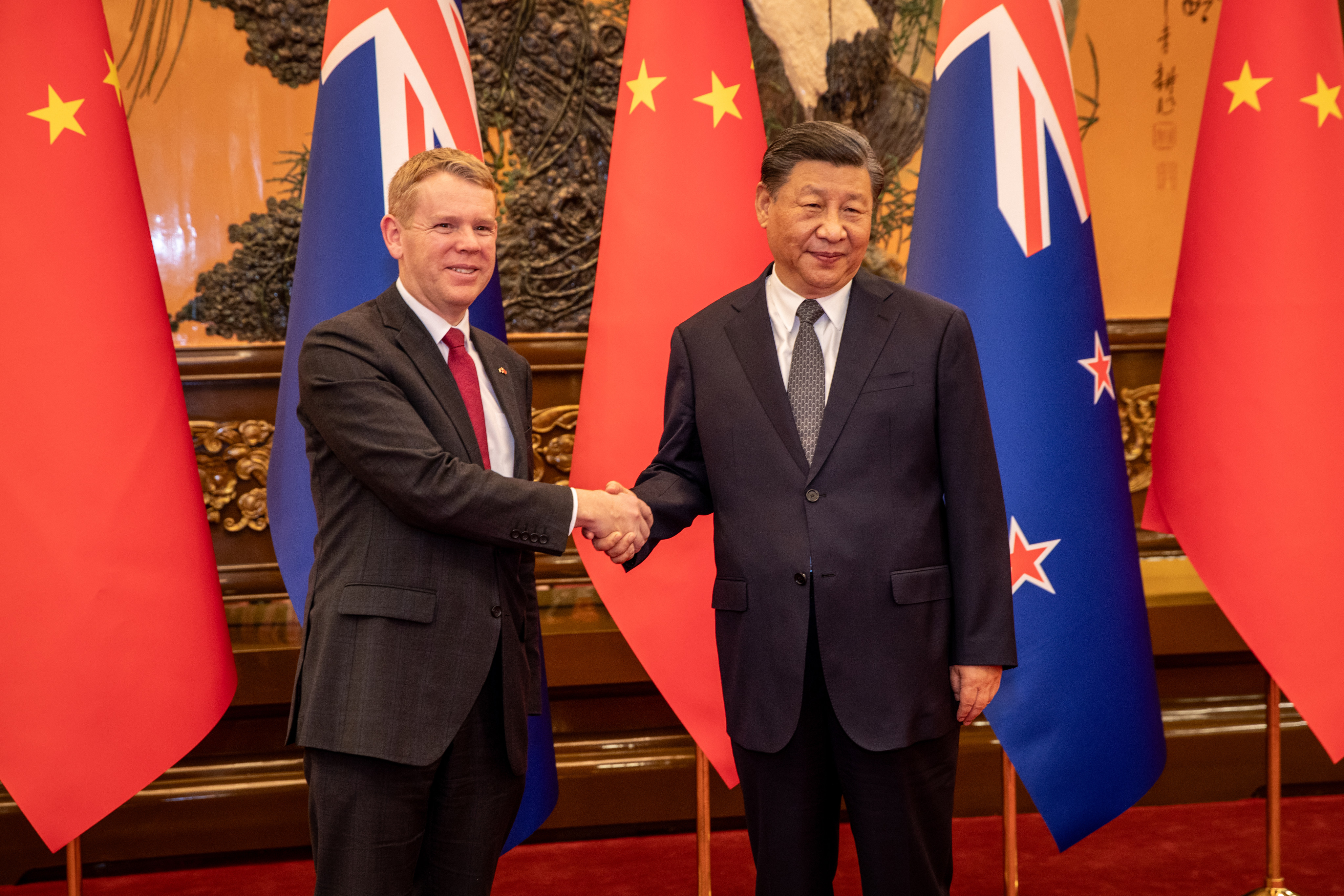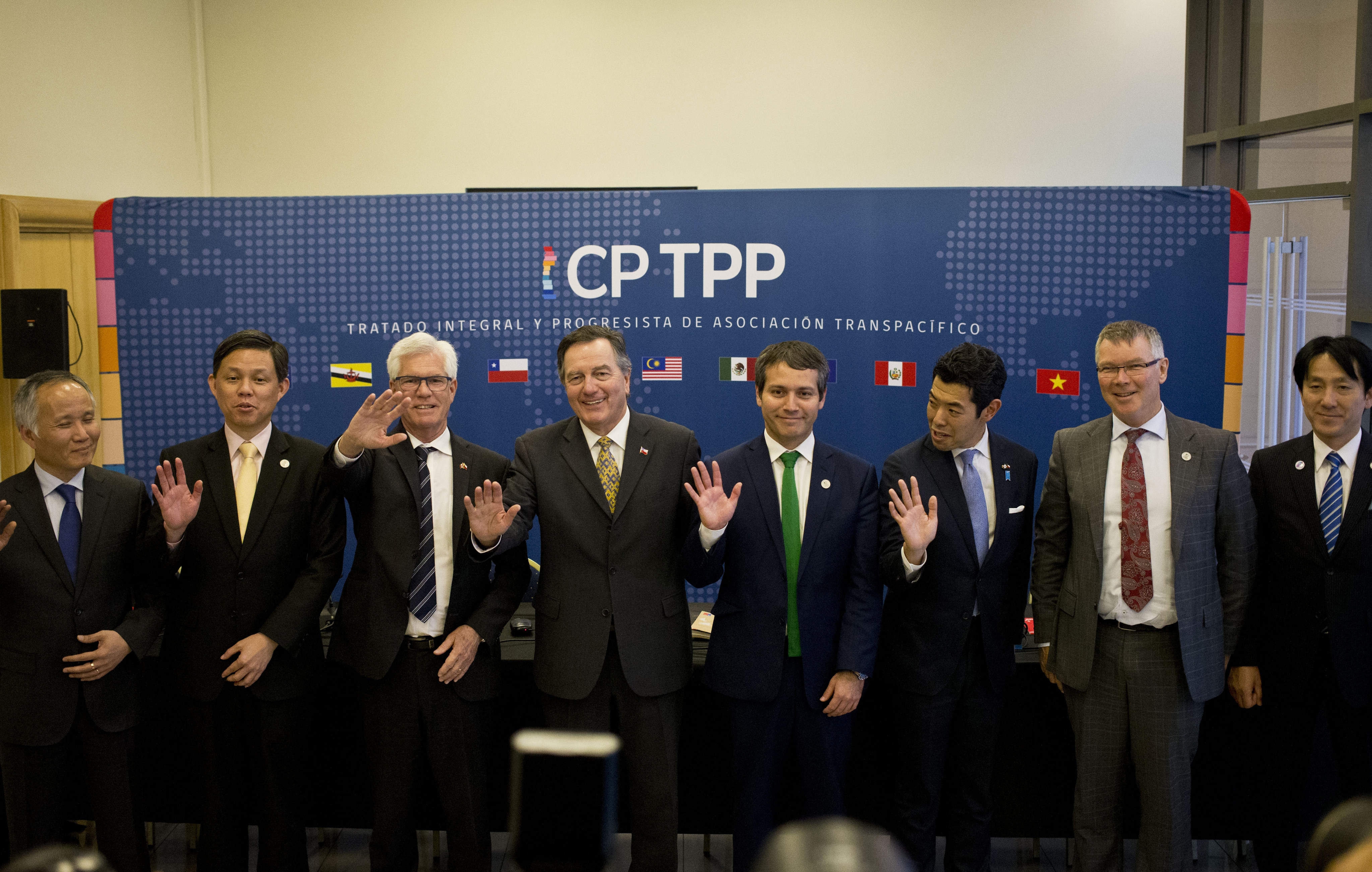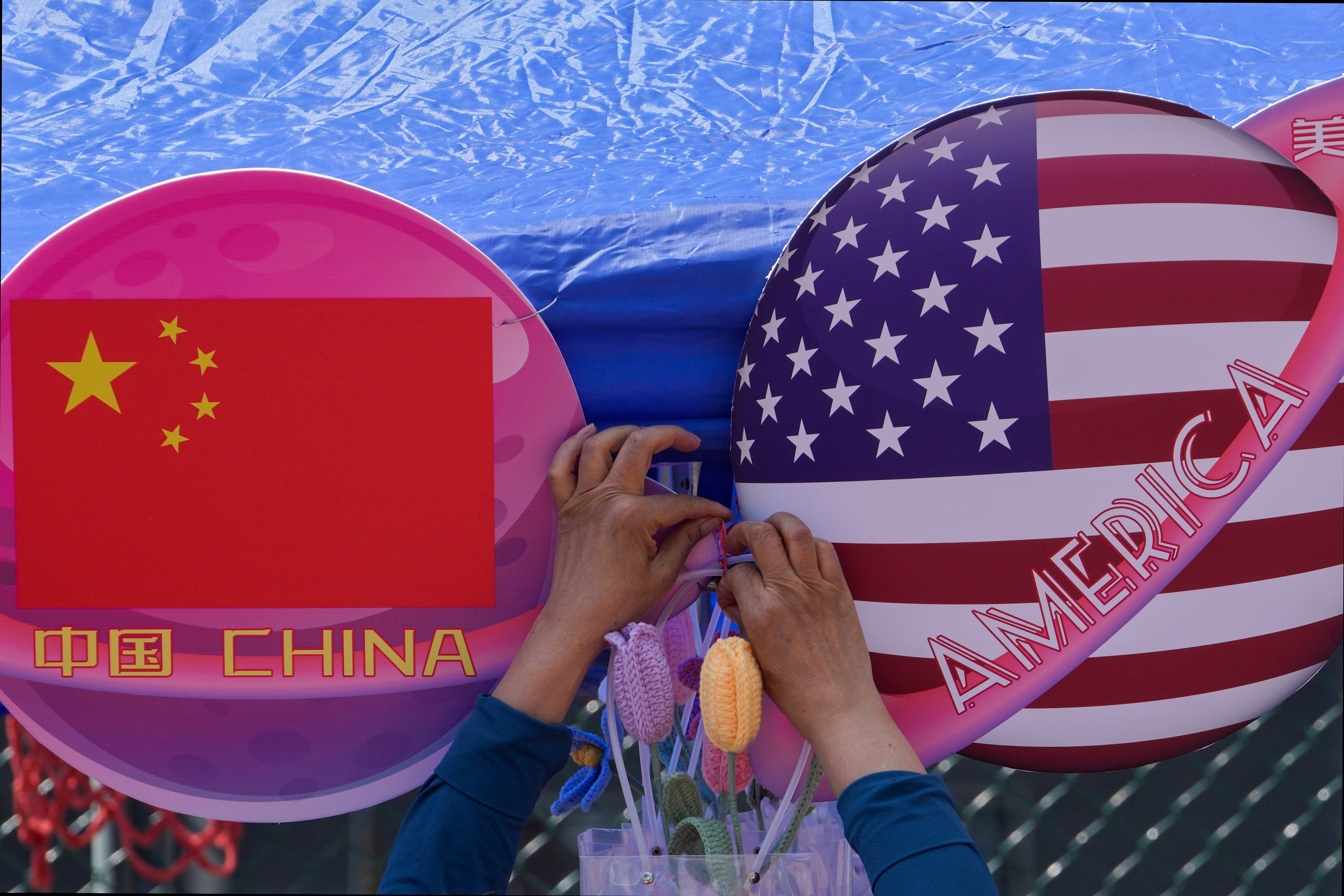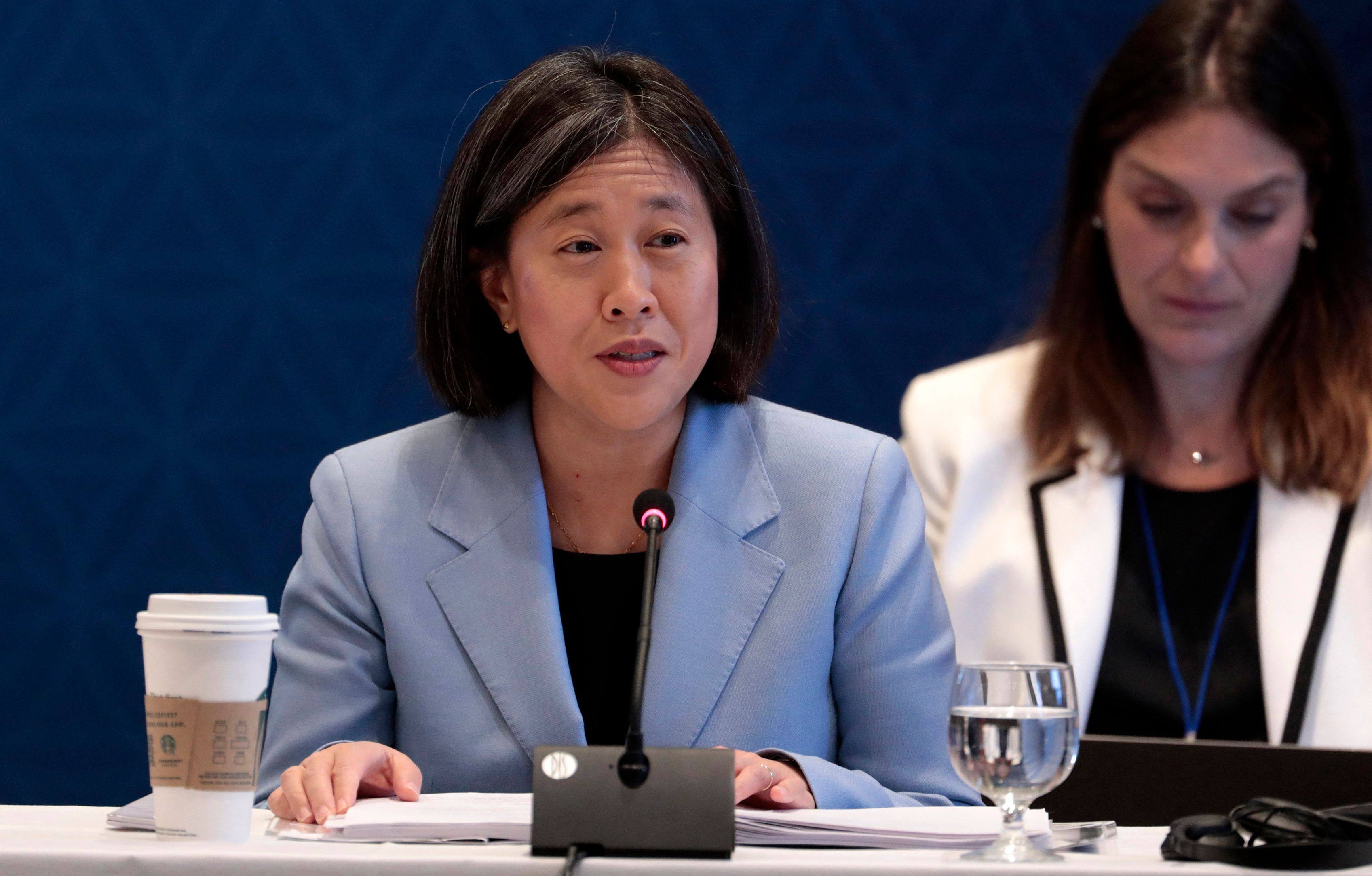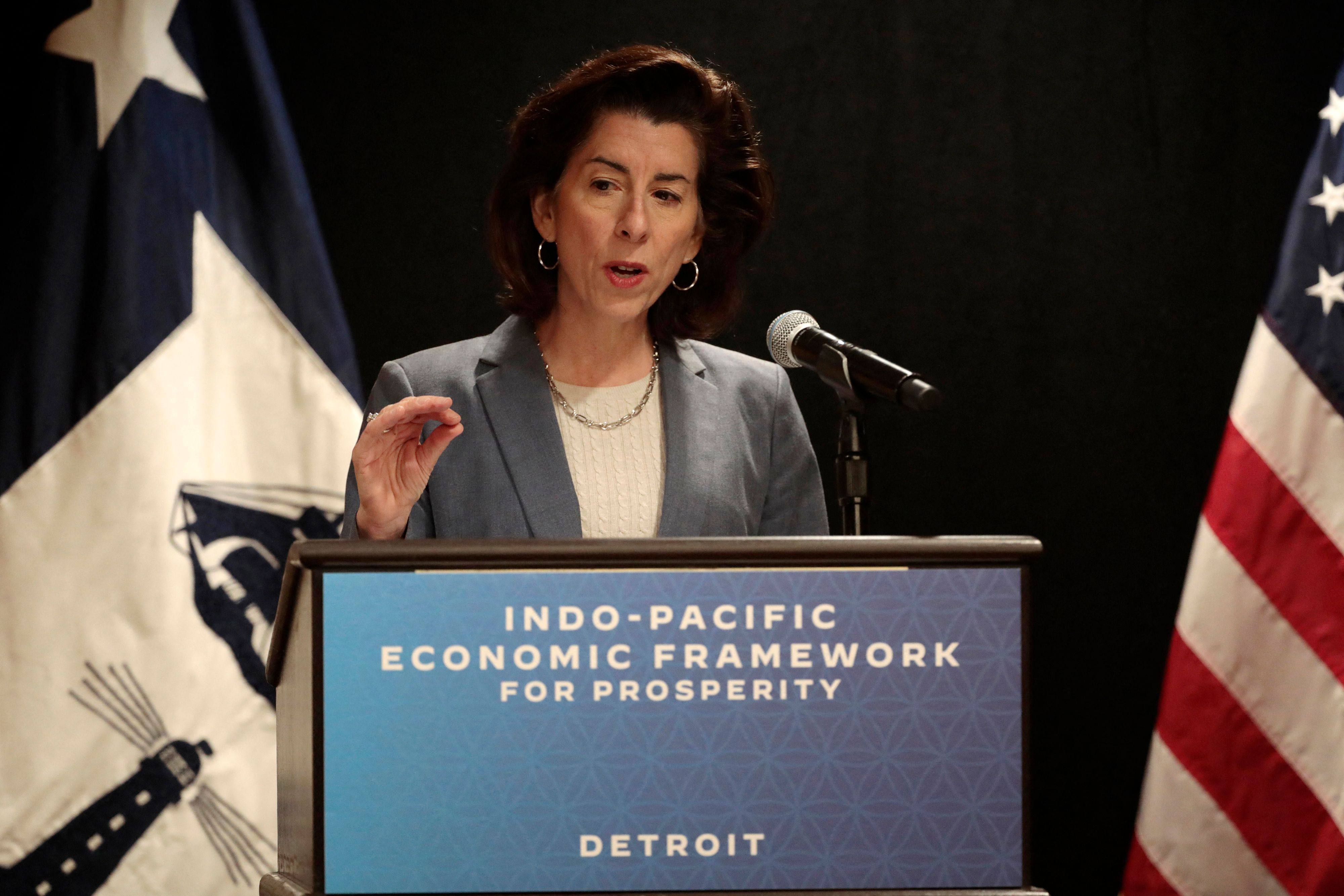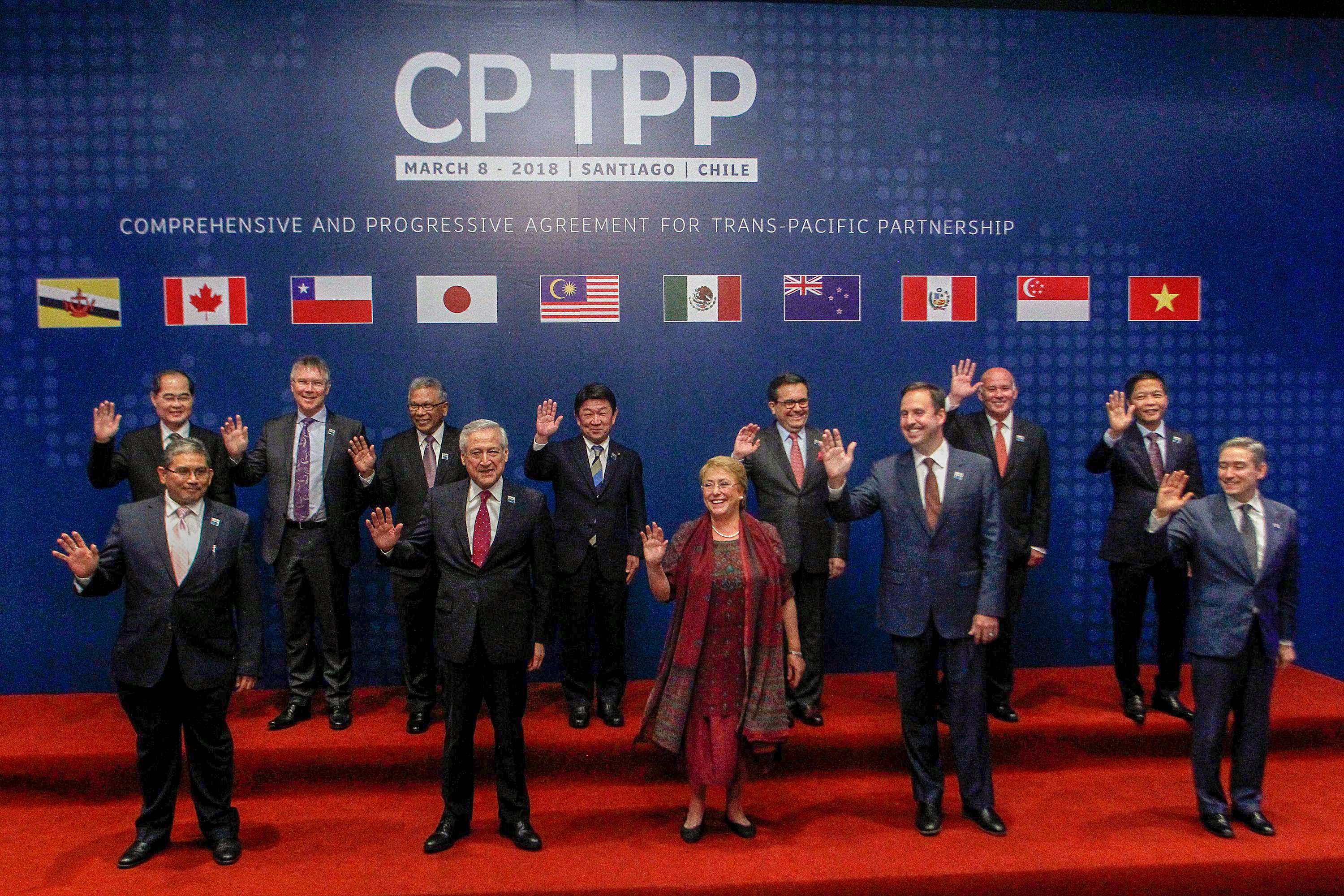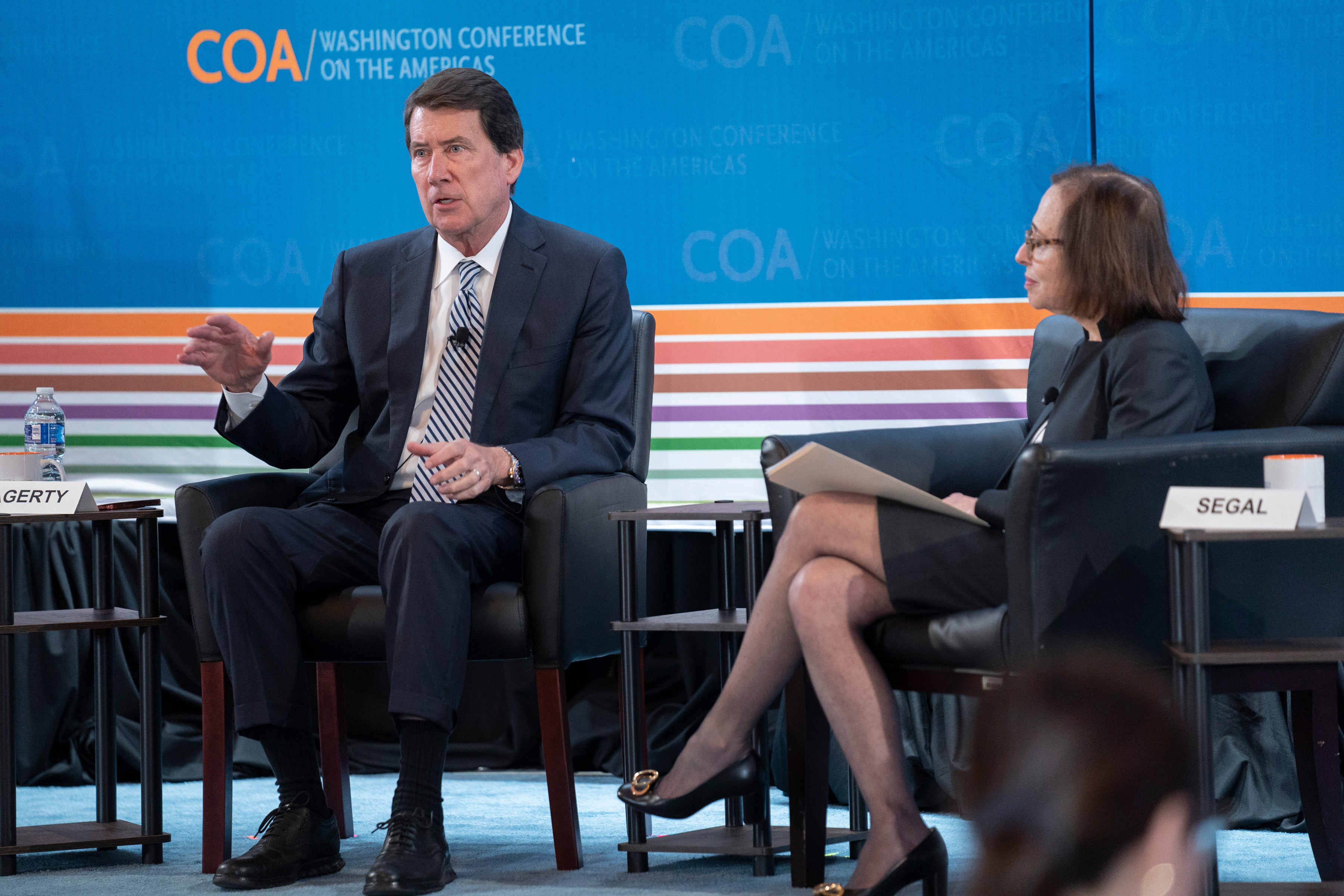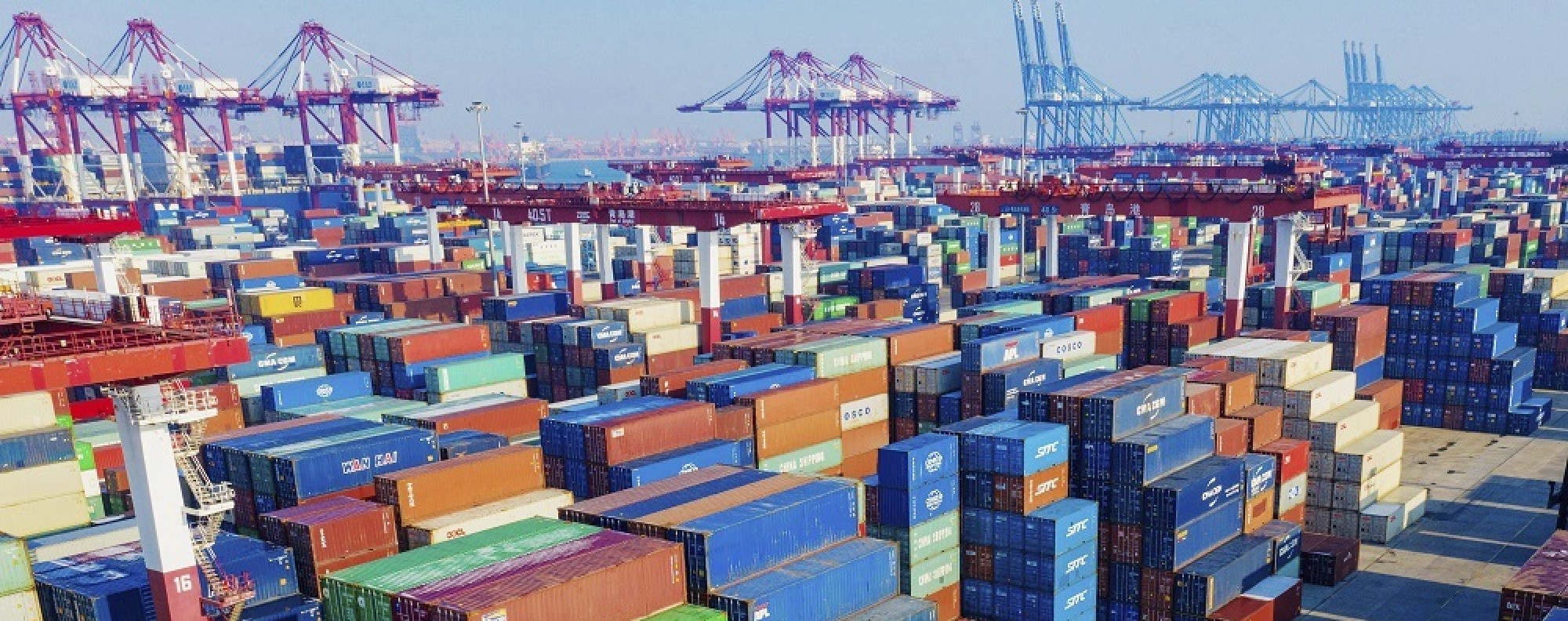
Topic
The Comprehensive and Progressive Agreement for Trans-Pacific Partnership (CPTPP) was originally known as the Trans-Pacific Partnership. It was spearheaded by the United States under the Obama administration but former US president Donald Trump pulled out of the pact in his first days in office in 2017. It was eventually signed in March 2018 by 11 countries: Australia, Brunei, Canada, Chile, Japan, Malaysia, Mexico, New Zealand, Peru, Singapore and Vietnam, and represents a market of about half a billion people and roughly 13.5 per cent of the global economy. It is seen as among the highest class of multilateral trade deals, covering modern issues such as digital trade, as well as social issues such as the environment and labour rights. Since it was signed, both Britain and China have formally requested to join the Pacific Rim trade pact.
The ‘reform and opening up’ started under Deng Xiaoping was about both economic and spiritual liberalisation, but policy regression could derail those efforts.
- Data flow service centre in Lingang free-trade zone in Shanghai will adopt internationally recognised standards and aim to help entities navigate requirements
- China’s data security structures are seen as a challenge for foreign businesses, who Beijing is eager to reassure and retain
Sweeping bipartisan report comprises almost 150 recommendations reflecting Washington’s efforts to reset terms of economic relationship with Beijing.
Chinese commerce minister Wang Wentao met Vietnamese Prime Minister Pham Minh Chinh on Saturday in Ho Chi Minh City, with trade and Vietnamese infrastructure on the agenda.
A Chinese official has warned against countries forming ‘small cliques’ – suggesting lingering concerns over being shut out of important value chains.
While reiterating Washington seeks not to decouple from Beijing, treasury secretary outlines strategy to expand trade in the Indo-Pacific.
Australian Trade Minister Don Farrell said all decisions on accession to CPTPP ‘must be consensus decisions’, indicating that Japanese concerns over China’s application would be heard.
The International Data Economy Industrial Park aims to attract more than 100 leading data companies with a combined output of over 100 billion yuan by 2025.
China has been trying to gain entry into the Asia-Pacific trade pact for two years, and Australia says it will ‘consider China’s application on its merits’ as bilateral ties warm.
Given its close trade ties with both US and China, Australia could potentially act as a bridge in multilateral ties, Sichuan University professor says.
Terms of the Comprehensive and Progressive Agreement for Trans-Pacific Partnership, whose precursor Donald Trump ditched, could be revisited.
The Indo-Pacific Economic Framework, the US president’s programme for the region, is failing as an alternative to trade deals China is offering, the Asia Society Policy Institute concludes.
Meeting at Camp David is expected to result in a series of defence, economic and diplomatic agreements aimed at pushing back against China.
Asia Society report says US should acknowledge it is ‘one of many regional actors’ and reduce its ‘rules-based order’ rhetoric, which many Southeast Asians regard as hypocritical.
The Comprehensive and Progressive Agreement for Trans-Pacific Partnership has been seen as a bulwark against Chinese dominance in the region, although Beijing has applied to join.
China will introduce measures on a trial basis to help with its application to join the Comprehensive and Progressive Agreement for Trans-Pacific Partnership (CPTPP).
New Zealand on Wednesday backed China’s participation in the Comprehensive and Progressive Agreement for Trans-Pacific Partnership (CPTPP) and the Digital Economy Partnership Agreement (DEPA).
Vice-minister for commerce says China ‘willing to and capable of’ joining the Comprehensive and Progressive Agreement for Trans-Pacific Partnership (CPTPP), which is known for high standards and requires approval by all members.
Tsinghua University Professor Ju Jiandong said China should counter Washington’s decoupling endeavours by building an Asian community ahead of a visit to Beijing by US Secretary of State Antony Blinken.
Past championing of market liberalisation led to fragile supply chains, production abroad and Beijing’s clout, says Washington’s top trade official.
Rather than pursuing free trade deals, the US president promotes a plan for the federal government to play an active role in the revival of domestic manufacturing.
‘We won’t tolerate it, nor do we think it will be successful,’ says Gina Raimondo of Beijing’s blacklisting as Asia-Pacific Economic Cooperation meeting ends in Michigan.
Canberra is not expected to endorse China’s membership into the Comprehensive and Progressive Agreement for Trans-Pacific Partnership amid ‘geopolitical baggage’, and Taiwan may be denied, too.
Beijing ‘will not meet the standards’ and behaves ‘in a predatory fashion’, according to Senator Bill Hagerty, who is involved in trade issues.












